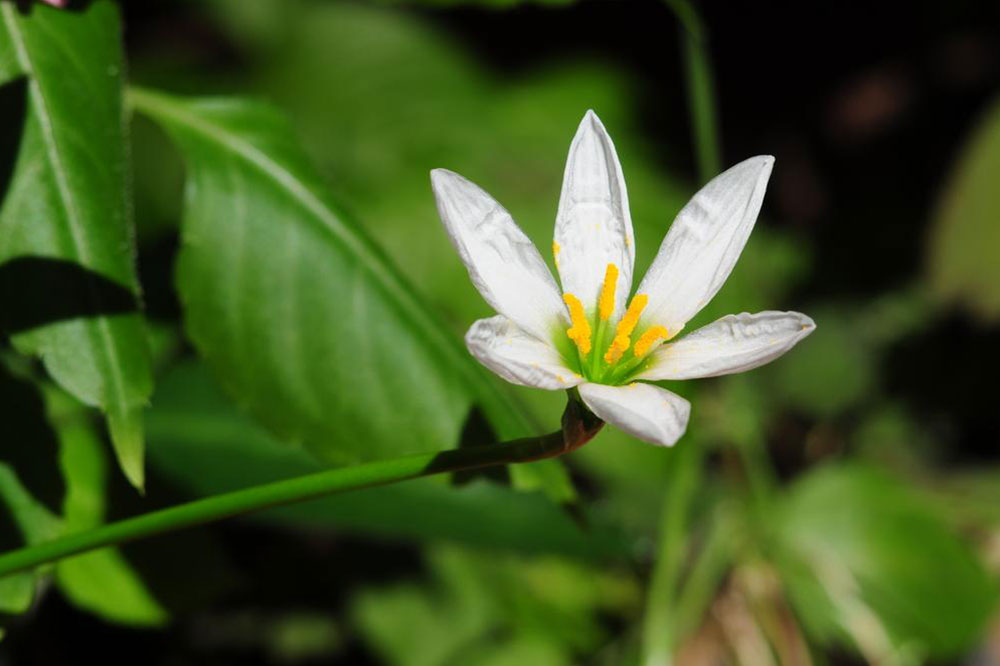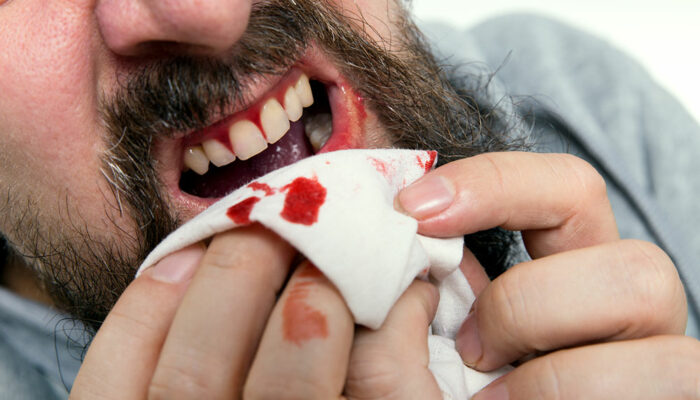
8 Plants Cat Owners Should Avoid for Home Decor
Plants are a great way to give your house a beautiful and pleasant look. They not only keep you young but also keep you happy. Unfortunately, all plants cannot be kept in your house if you have a pet as you need to consider their health and wellbeing as well. The following is a list of some houseplants that are toxic for cats:
- Corn plant
The corn plant is easy to grow, but it is not a good choice if you have pets at home, especially cats. One of the houseplants that are toxic for cats, it causes difficulty in breathing and an increased heart rate in cats if consumed. It also causes indigestion, which can be accompanied by symptoms like appetite loss and vomiting in both cats and dogs. - Aloe vera
Though aloe vera doesn’t cause any harm to pets directly, it can lead to issues in your cat’s digestive system if your cat chews this plant. Also, the sharp edges of aloe vera irritate the skin of cats, making this another wrong pick in case you have pets, particularly cats. - Sago palm
Sago palm is a beautiful plant and adds a tropical feel to your home, but it is one among the top on the list of houseplants that are toxic for cats. If ingested, this plant can cause vomiting and diarrhea, and it can also lead to other severe effects like liver failure and death. - Asparagus fern
You may love asparagus fern because it thrives in warm and humid environments, which is unlike other houseplants. However, you must do away with this houseplant if you have pets, especially cats and dogs, as it is toxic for both. - Jade plant
This is a hard-to-kill rubber plant, and if your cat eats its leaves, it can experience side-effects like vomiting and a slow heart rate. So, jade plants are also among the houseplants that are toxic for cats. - Lilies
You might love to grow lilies on your patio or balcony as they bloom and look beautiful, but several varieties of lilies are listed among houseplants that are toxic for cats. They can cause kidney failure, drooling, vomiting, and loss of appetite in cats and even in other pets. - Elephant ear or caladium
Elephant ear is a tropical beauty that adds a green look to your garden, but you need to be careful if you have both a cat and a caladium at your house. The leaves of this plant can cause swelling, burning of tongue, vomiting, and drooling in cats. - Devil’s ivy or pothos
This is a tropical plant and is easy to grow, but it is also harmful to cats and can cause oral irritation, excessive drooling, vomiting, burning of the mouth, and difficulty in breathing.
If you are a cat lover and have a cat at home, you should avoid using these plants for home décor.



